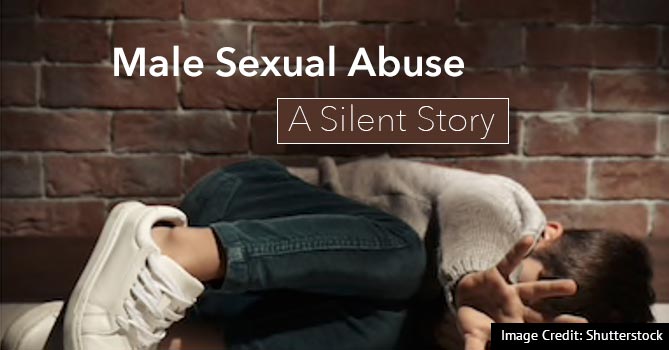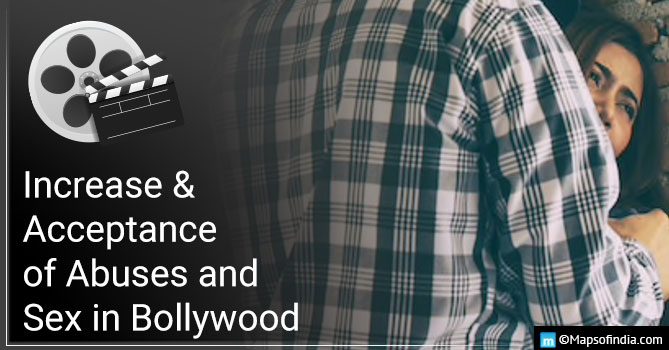
In August 2018, a minor accused his 3 schoolmates of molestation, and they were subsequently charged with Protection of Children from Sexual Offenses Act (POCSO), 2012. The victim was a class 4 student, while the assaulters were from class 7, 8 and 10. While this case managed to reach the judicial realm, there are several others that don’t. The reasons often vary from legal hurdles to social stigma.
Earlier in Febuary 2018, the Supreme Court rejected a plea of making laws related to rape, sexual assault, stalking etc gender neutral. The bench of justice further said that it was an “imaginary situation” and the Parliament can deal with it according to social needs. The dismissal closed any doors for female perpetrators to be punished under the law.
Indian laws on male sexual abuse
POCSO more or less deals with offenses against children, irrespective of their gender; but the same cannot be said about our rape laws. Section 375 of the Indian Constitution, while defining rape, says –
“A man is said to commit “rape” if he:- (a) penetrates….into the vagina, mouth, urethra or anus of a woman or makes her do so…”
As the Consitution goes on to define “rape”, note that in the process, it makes two clear, albeit subtle inferences:
1) A rape offender is necessarily a man.
2) A victim of rape is necessarily a woman.
The Criminal Law (Amendment) Ordinance, 2013, incorporated new offenses into the Indian Penal Code, namely – acid attacks, sexual harassment, stalking etc. While acid attacks (and attempts) were gender neutral, protection against sexual harassment, voyuerism and stalking was reserved exclusively for women. The amendment, for failing to include marital rape under the law, has also been severely rebuked for being gender-biased.
The only route for male victims to get any justice now is through the controversial Section 377. The Section with its redundant definitions, however, does more to hamper individual freedom rights than to provide relief to male victims of sexual abuse.
The ground reality
According to a Government of India study of 2007, 53.2% of children reported having been sexually abused at least once in their lifetime. Out of these, 52.9% were boys. Insia Dariwala, a social activist, conducted an online survey consisting of 160 men. Out of these, 71% admitted that they had been sexually abused as children. Moreover, 84.9% of these men had never told about the abuse to anyone, not even the people they were closest to. The reasons varied from shame, confusion, fear to even guilt.
According to psychologists, males who undergo sexual exploitation go through the same trauma as a female, coupled with the added fear of being mocked by the society. Later on in life, they are likely to show signs of increased rage and alienation. In several cases, the victims are not taken for psychological help, thinking they would get over it in due time.
Indian society
In our society, that is inherently patriarchal, men are often considered the “protector and provider” of their households. While this automatically renders women a backseat in holding power, it also gives men very toxious shoes to fill. Little boys, from a very young age are told to “man up” and not “cry like girls”. The end result is, if a young boy or an adult man suffers from sexual exploitation of any kind, their toxic masculinity hardly ever allows them to talk about it. When male survivors do come forward, they are frequently made fun of, put through questions about their sexual orientation.
Indian Journal of Psychiatry published an article in 2015, talking about the child victims of sexual abuse. The article quoted the father of a 9 year old boy who had been raped as saying, “He neither lost a hymen nor will he get pregnant. He should behave like a man, not a sissy”. The father reportedly resisted psychological care for his son, stating similar reasons. Another father from Mumbai, whose son had killed himself post a sexual assault, admitted that he would have never reported the crime had the boy not decided to end his life.
Conclusion
It is clear that we, as a society need to realign our thoughts and do away with all that patriarchy has taught us. Abuse is abuse, regardless of the survivor’s gender. Being a victim of sexual abuse does not make somebody “any less of a man”. With the silence around male rape victims slowly breaking, one must do their part in letting go of societal conventions. Sympathy and understanding should at all times be gender neutral.
Read More…………….
Reality Behind Male Rape Cases in India





